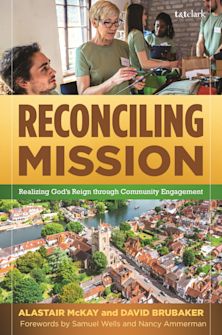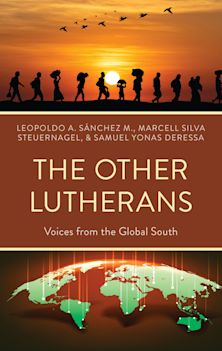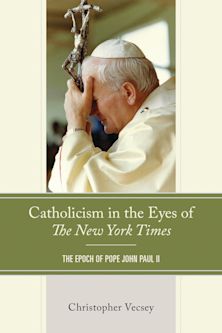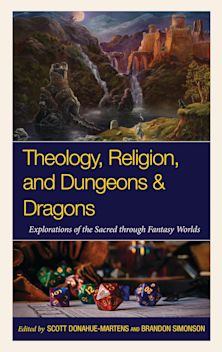- Home
- ACADEMIC
- Theology
- Theology - Other
- Gendered Paradigms in Theologies of Survival
Gendered Paradigms in Theologies of Survival
Silenced to Survive
Gendered Paradigms in Theologies of Survival
Silenced to Survive
You must sign in to add this item to your wishlist. Please sign in or create an account
Description
Gendered Paradigms in Theologies of Survival: Silenced to Survive is a book about women in survival communities and the ways that survival and theology are used to shut down women's voices. Mariam Youssef examines the ways in which the condition of survival puts religious women in a bind by embedding paradigms into theology that, more often than not, reinforce women's subordination as a condition of survival. Women in survival communities are not only grappling with the existential threat that comes with their survival identities but also struggling to make their voices heard within their own communities where their needs are frequently put on the back burner. Survival communities often find themselves responding to their trauma in ways that prescribe strict patriarchal norms, promoting notions of gender binary and compulsory heterosexuality.
Table of Contents
Chapter 1: Contextualizing Survival
Chapter 2: The Promised Land: Gender and Black Liberation Theology
Chapter 3: Continuity and the Hidden God: Gender and Jewish Holocaust Theology
Chapter 4: The Church of the Martyrs and the Second Sex: Gender and Diasporic Coptic Theology
Chapter 5: What Now? Present and Future Trajectories of Survival
Bibliography
About the Author
Product details
| Published | 07 Nov 2019 |
|---|---|
| Format | Ebook (PDF) |
| Edition | 1st |
| Extent | 1 |
| ISBN | 9781978752924 |
| Imprint | Lexington Books |
| Publisher | Bloomsbury Publishing |
About the contributors
Reviews
-
In this insightful volume, Mariam Youssef deftly examines three different survival communities and the outcome their religious strategies have had on their own women. One of the many beauties of this book is the author’s ability to recognize the trauma of the group, the desire of the women to support the community, and yet provide an intelligent critique with a pathway for future strategies. It is a great example of how comparative research should function.
Tammi J. Schneider, professor of religion, Claremont Graduate University

ONLINE RESOURCES
Bloomsbury Collections
This book is available on Bloomsbury Collections where your library has access.



































